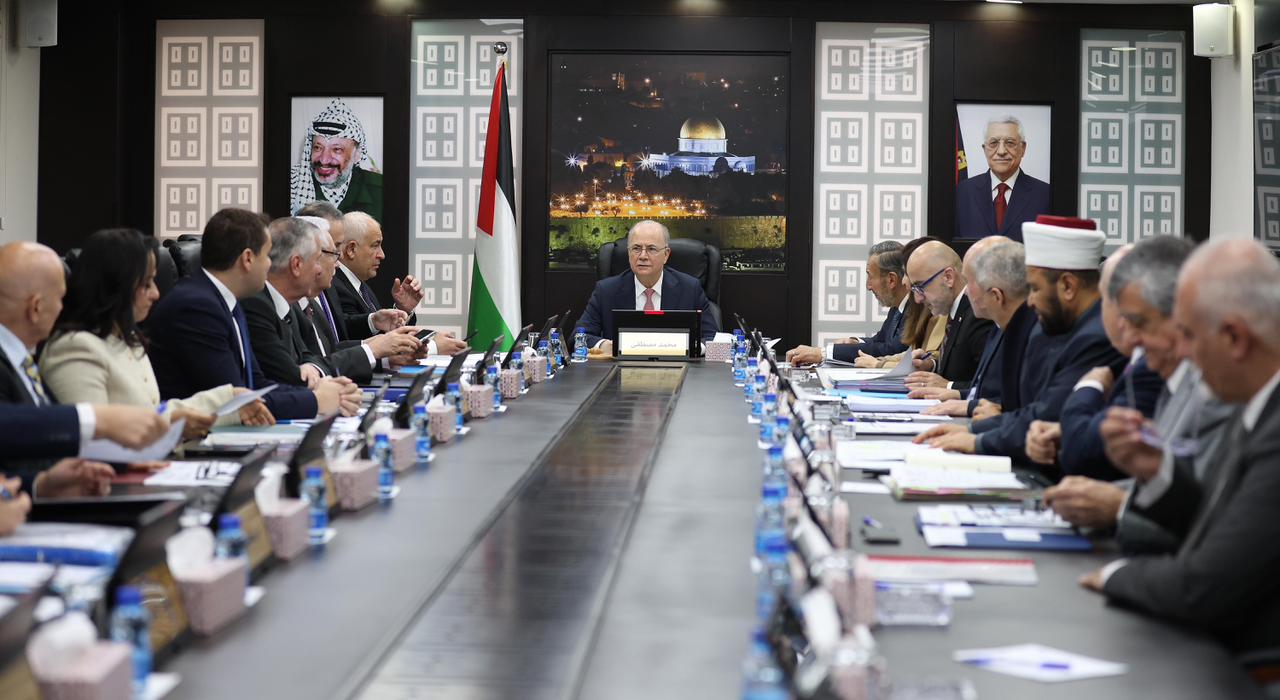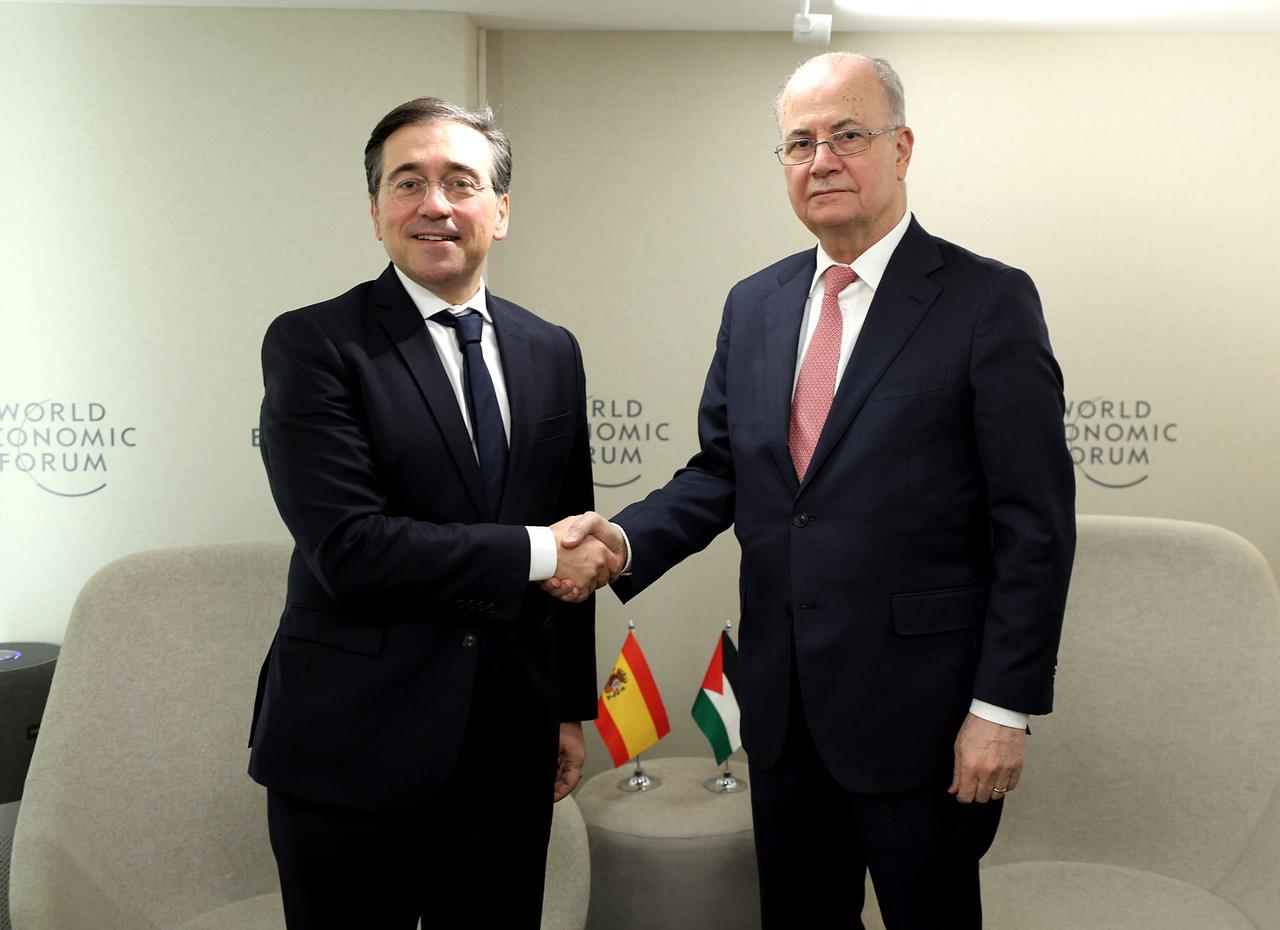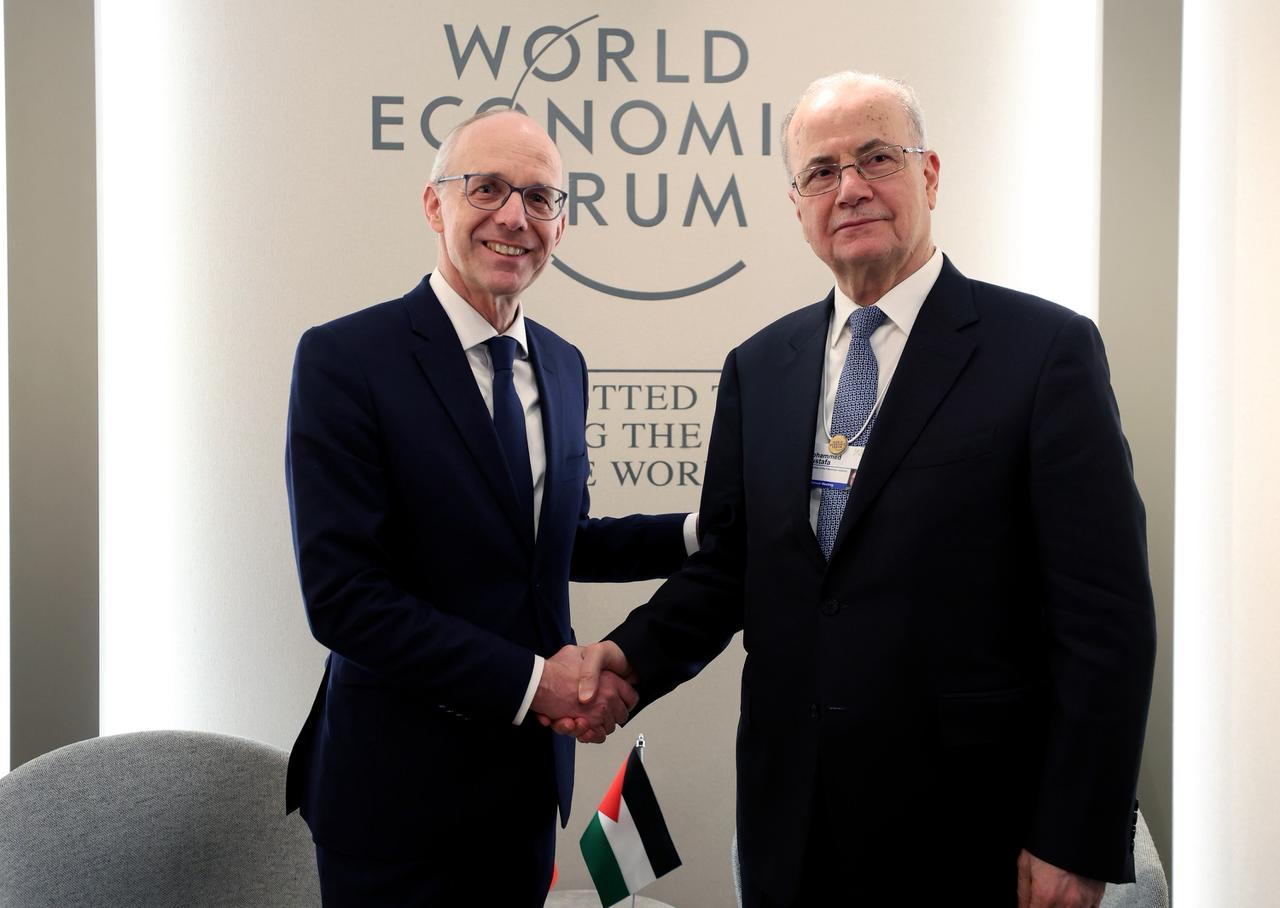RAMALLAH, November 25, 2025 (WAFA) – The Government Operations Room for Emergency Interventions in the Gaza Strip reviewed on Monday, the executive plan for relief and early recovery for the social development sector in Gaza.
The review was done in a special session attended by representatives of UN agencies, international organizations, and national partners.
Minister of Social Development Samah Hamad emphasized that the social protection system in Gaza is under unprecedented strain due to escalating humanitarian needs.
She noted that the Social Registry currently includes more than 320,000 families, while only 41% of the aid agreed upon under the ceasefire framework is entering the Strip—further widening the gap between needs and available resources. Hamad reaffirmed the Ministry’s central role in protecting vulnerable groups including women, children, the elderly, persons with disabilities, and impoverished families.
She highlighted the Ministry’s pre-aggression services, which included cash and food assistance, health insurance, women’s and children’s protection programs, disability and elderly care, and orphan sponsorships. Of these, 84,000 families benefited from cash transfers, 45,000 individuals were covered by health insurance, and 37,000 orphans received support through Ministry programs. In addition, nearly 300 economic empowerment projects were implemented in 2023.
Despite the severe conditions during the aggression, the Ministry continued to deliver large-scale humanitarian interventions. These included cash assistance for more than 775,560 beneficiaries, distribution of over 250,000 relief items, registration of 2,000 new orphan sponsorships, and provision of 110,360 services to women survivors of violence alongside psychosocial and protection support in shelters.
During the meeting, the Ministry presented a comprehensive three-phase relief and recovery plan. The first phase focuses on urgent relief through food assistance, emergency cash support, shelter assistance, non-food items, child protection services, psychosocial support, and restoration of essential social services.
The early recovery phase aims to empower affected families, expand social protection programs, rehabilitate service centers, and operationalize case management and the Unified Aid Portal. The reconstruction phase focuses on rebuilding social protection facilities, establishing a resilient and sustainable social safety system, and improving infrastructure of social services across Gaza.
The Ministry also outlined the magnitude of damage and needs, explaining that the aggression caused widespread destruction across the social sector. All eight social service centers in Gaza went out of service—except for three that sustained partial yet disabling damage.
The Ministry detailed the digital tools used in its response, including the mini form that documented more than 385,000 affected families by the end of October 2025, the national orphan database “Sponsor an Orphan,” the Unified Service Provider Portal for managing referrals, follow-up, and preventing duplication of aid.
It further estimated the total cost of implementing the plan at USD 3.725 billion, covering cash transfers, urgent relief, psychosocial support, and rehabilitation of damaged social protection facilities.
Y.S











